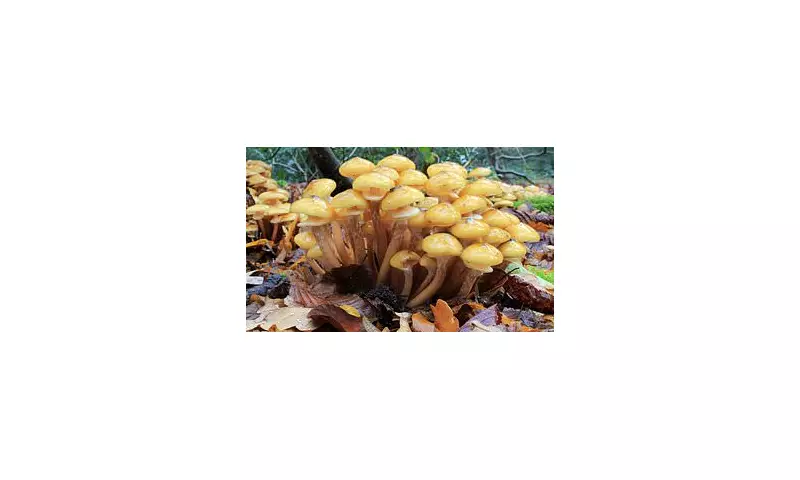
British gardeners are facing an escalating threat from one of nature's most destructive forces - the honey fungus, currently spreading at an alarming rate across the country. What appears as clusters of golden-hued mushrooms is actually a silent killer capable of devastating entire gardens and woodlands.
The Stealthy Garden Assassin
Honey fungus, scientifically known as Armillaria, operates as a covert underground network of black, bootlace-like threads called rhizomorphs. These fungal tentacles can spread up to one metre per year, secretly invading root systems while showing no visible signs above ground until it's often too late.
The first warning typically comes in autumn when honey-coloured mushrooms emerge at the base of infected trees and shrubs. By this stage, the damage is usually extensive and irreversible.
Identification: Know Your Enemy
Gardeners should watch for these tell-tale signs:
- Clusters of honey-yellow mushrooms with distinctive white gills
- A white spore print when caps are placed on dark paper
- Peeling bark revealing white fungal layers beneath
- Sudden wilting or dieback in previously healthy plants
- An unpleasant, sweet mushroom scent
- Black, shoelace-like rhizomorphs in the soil
Vulnerable Plants and Prevention
This aggressive fungus shows little discrimination, attacking everything from ornamental shrubs to mature trees. Particularly susceptible species include: birch, privet, apple trees, roses, and potatoes.
Experts recommend several defensive strategies:
- Install physical barriers using butyl rubber or heavy-duty plastic to block underground spread
- Remove infected material completely, including roots
- Choose resistant species like yew, box, or bamboo for new plantings
- Maintain plant health through proper watering and nutrition
- Monitor regularly for early warning signs
Why the Current Surge Matters
The recent proliferation of honey fungus coincides with ideal growing conditions across the UK. Mild, damp weather has created the perfect environment for this destructive organism to thrive, putting gardens nationwide at increased risk.
Gardeners spotting these golden mushrooms should act promptly, as early intervention offers the best chance of containing the spread and protecting vulnerable plants from this formidable garden invader.





